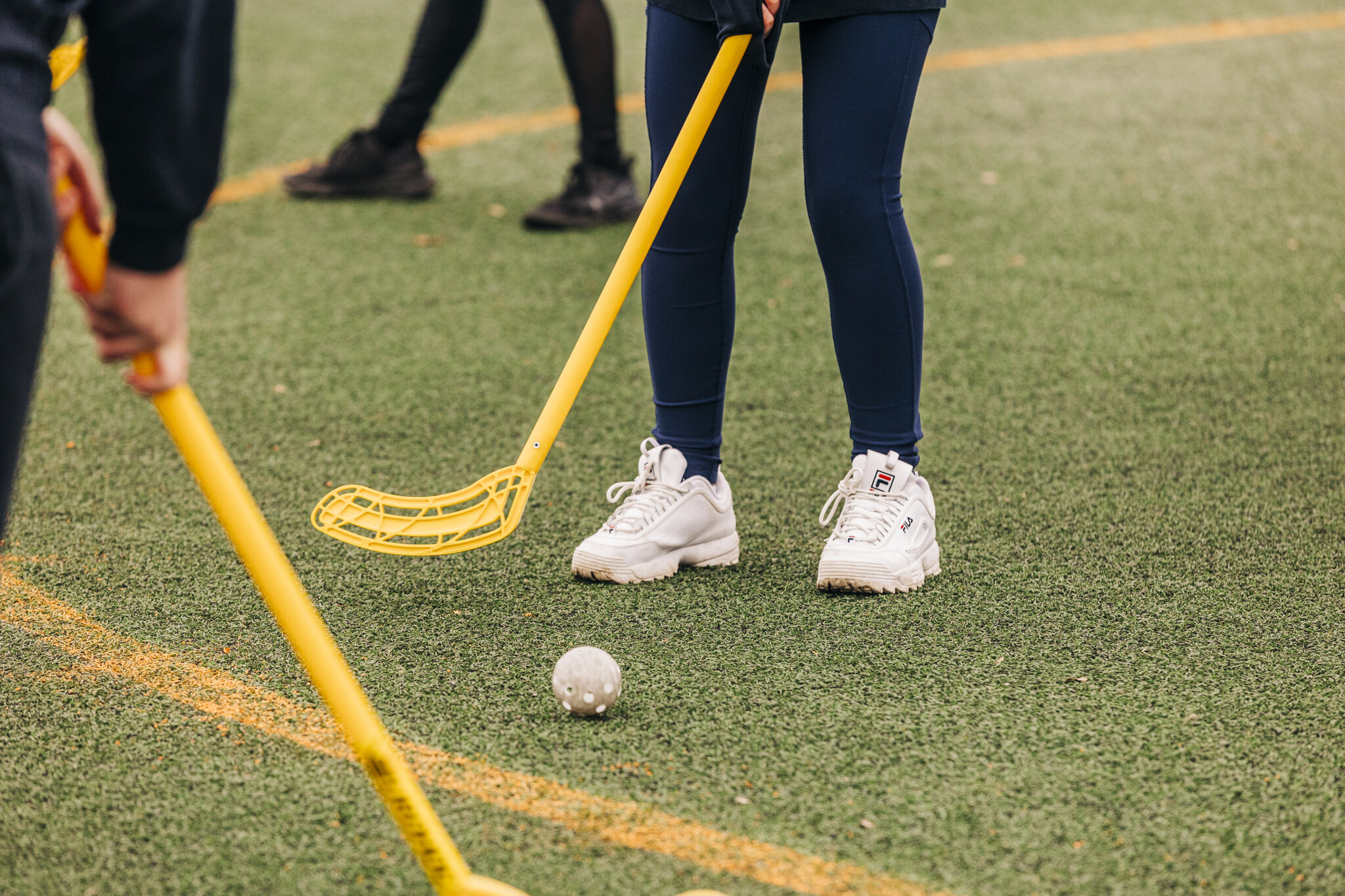 Welcome to PSHE
Welcome to PSHE
At the core of the teaching of PSHE in the Maharishi School, are the themes “there is harmony in diversity”, “the whole is more than the sum of the parts” and that “there is wholeness in every part”.
Evidence shows that Personal, Social, Health and Economic (PSHE) Education can improve the physical and psychosocial well-being of pupils; helping children and young people to be safe, healthy and prepared for life's opportunities. PSHE incorporates health education, relationships and sex education (RSE), economic wellbeing and careers. Every one of these topics, while fitting into the larger wholeness of life skills, has a sense of wholeness in themselves. Pupils learn to think deeply about each topic while also making the connections with the overall wholeness of the subject.
The Health Education and Relationships and Sex Education (RSE) aspects of PSHE are now compulsory in all secondary schools and include mental health and wellbeing; physical health (including healthy lifestyles and first aid); and learning about safe, healthy relationships and sex (including understanding consent, negotiating life online, and intimate relationships). This is where our theme “there is harmony in diversity” (also interpreted as “the world is as we are”) underpins all our teaching and learning.
Health, relationships, economic wellbeing and successful careers are all linked. PSHE is the glue that binds them together. PSHE gathers all of these aspects of preparing for modern life together into a coherent curriculum subject.
In the Maharishi School, we have a spiral PSHE curriculum which starts in Reception. The strands are followed all the way through to year 11, building on the knowledge from previous years and developing deeper understanding and competency.
In 2024 we are starting to introduce a new interpretation of PSHE in the secondary phase, by combining the themes of CbIDS with the topics of PSHE to create a subject called CbLS (Consciousness based Life Skills). Year 7 is the first year to do CbLS like this and they have 2 lessons per week.
All other year groups have one dedicated PSHE lesson per week. In both phases we follow the PSHE Association programmes of study. In the secondary phase we are introducing the same programme of study but presented as a competency based programme.
Following discussion with the school, parents can withdraw their child from the ‘sex’ elements of RSE. It is good practice for parents to meet with the Headteacher if they have any concerns. Parents do not have a right to withdraw their child from Health Education, Relationships or any other aspect of PSHE education. There is no right of withdrawal from National Curriculum science which includes elements of sex education such as puberty and reproduction. Three terms before they turn 16, a student can opt back into sex education lessons. The school has a duty to provide sex education during one of the remaining three terms.